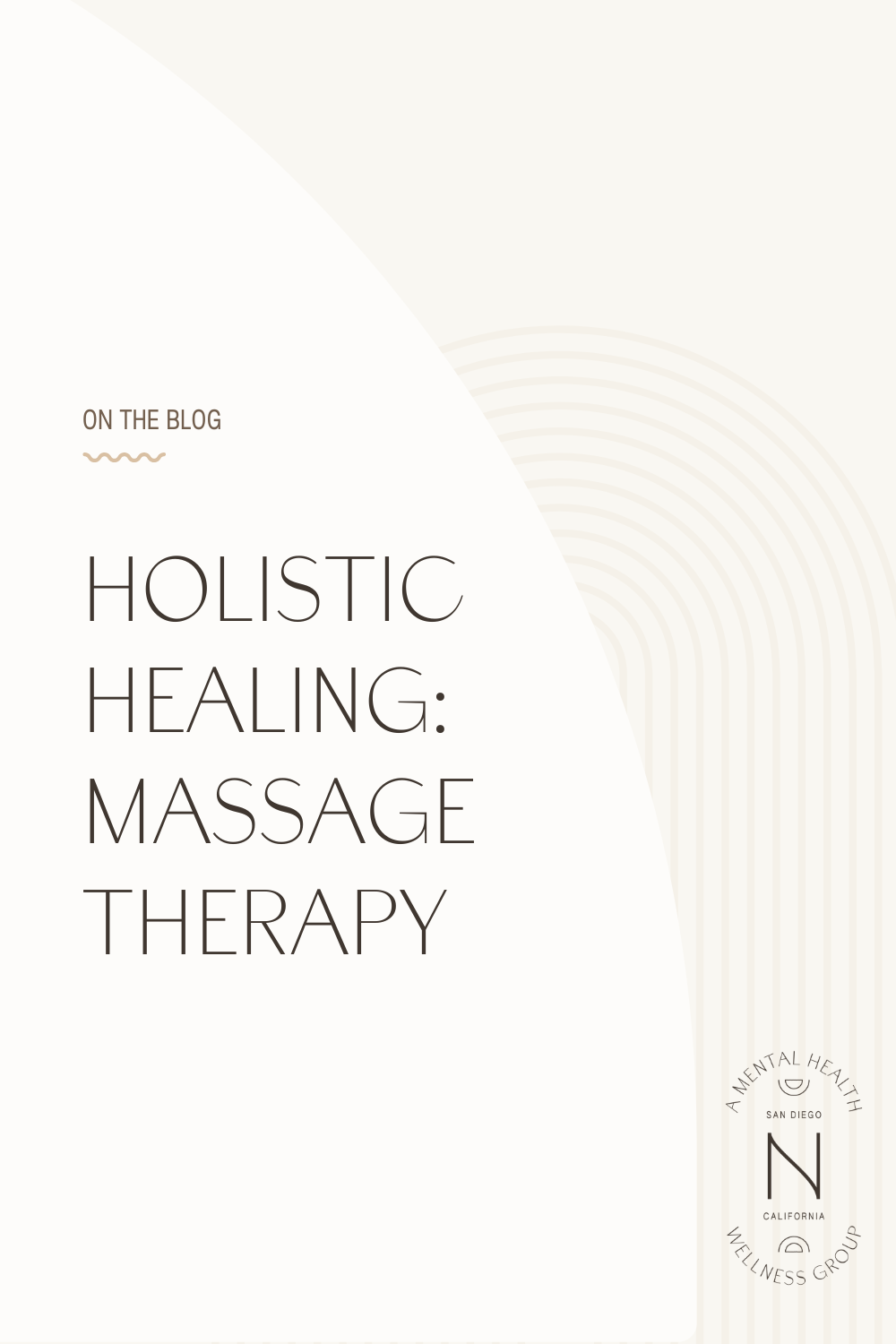Inflammation: What You Need to Know & How to Reduce it
Nourished has curated list of trusted holistic partners that provide supplemental support to ensure full integration of the mind, body, and spirit. To learn more about our supplemental holistic services, click here!
Our naturopathic doctor, Kelsey Myers, ND, specializes in mental-emotional health, hormonal health, gastrointestinal health, nutrient deficiencies, thyroid imbalances, and PMS/PMDD. Her approach to health is patient-centered, simple, and effective, utilizing mind-body medicine, tangible lifestyle modifications and natural therapies to achieve health goals. She answered some important questions about what inflammation is, how to reduce it, and the relationship between our mental health and inflammation. To learn more about Dr. Kelsey Myers, click here!
What is inflammation?
Inflammation is a general term used when the immune system is activated by an irritant. This can happen acutely when we get a cold, sprain an ankle or cut our skin. When an area is red, warm to touch, tender and swollen we know the inflammatory process is happening. Acute inflammation is supportive to healing. Inflammation can cause negative health effects when it becomes chronic, where inflammatory pathways remain active for long periods of time. Chronic inflammation causes wear and tear on our body’s tissues and leads to chronic disease states.
Chronic inflammation is associated with symptoms such as fatigue, brain fog, poor memory, low mood, rashes, acne, joint and body pain, insomnia, difficulty losing weight, and painful periods.
Examples of health conditions associated with chronic inflammation include autoimmune conditions like Hashimoto’s thyroiditis, rheumatoid arthritis, psoriasis, and inflammatory bowel disease, heart disease, type II diabetes, Alzheimer’s disease, asthma, depression, anxiety and cancer.
Triggers and perpetuators of chronic inflammation include inflammatory foods and beverages, high stress lifestyle, unresolved trauma, environmental toxins, mold toxins, heavy metals, chronic infections including parasites, dysregulated blood sugar, digestive and gut issues, poor quality sleep and lack of physical movement.
What changes can I make to help with inflammation?
Food truly is medicine! A powerful way to reduce inflammation quickly is through the food we eat. Purchase organic and non-GMO when available to reduce inflammatory pesticides. If 100% organic diet is not in your budget, you can check the Environmental Working Group’s (EWG) website for their yearly dirty dozen and clean 15 list. The dirty dozen are the foods highest in pesticides that should be purchased organic and the clean 15 are foods that are okay to purchase non-organic.
Colorful vegetables and fruits are high in antioxidants which help to reduce inflammation. Foods high in omega 3 fatty acids such as wild salmon or chia seeds have anti-inflammatory properties. Avoid consuming inflammatory oils (vegetable oil, canola oil, soybean oil, corn oil, rapeseed oil, safflower oil). Cook with grass-fed ghee, avocado oil, or coconut oil. Use extra virgin olive oil for low heat cooking and salad dressings. Lastly, minimize foods and beverages high in processed sugar or high fructose corn syrup. It is helpful to read nutritional labels as these inflammatory foods are often hiding in unsuspecting products.
As toxins build up in the body our detox pathways slow down and inflammation rises. We can significantly reduce the toxic load in the body by reducing exposure to environmental toxins. Slowly switch over your personal care and cleaning products as you run out. The EWG has a search feature that rates toxicity levels of products and has recommendations on low toxin products. Drink spring water or reverse osmosis filtered water as city water is filled with many harmful contaminants
Daily mindfulness practices like breath work, meditation, yoga and time in nature regulate the nervous system and inflammatory processes in the body. Most of us live in a perpetual survival state, always go-go-go trying to complete our daily checklist and achieve our next goal. Mindfulness practices slow us down sending a signal of safety to the body and allowing for rest, repair and recovery. In Western society, we spend the majority of our day inside, so time in nature is one of my favorite “prescriptions” to give my patients! The sunshine, fresh air, rich colors of plants and nature sounds are sweet medicine to our bodies and minds.
Coming up Next
Next week, we’ll explore the bi-directional relationship between mental health and inflammation.
Resources mentioned for support:
EWG Dirty Dozen: https://www.ewg.org/foodnews/dirty-dozen.php
EWG Clean 15: https://www.ewg.org/foodnews/clean-fifteen.php
EWG Skin Deep: www.ewg.org/skindeep
Research Articles on Inflammation and Mental Health:
PMID: 31887414
PMID: 32113908
PMID: 32260096
Pin This Post!
Related Posts
If this post was helpful, you might also like these…









Feeling stuck in traditional talk therapy? Let’s chat about how bottom-up approaches like somatic therapy can help you access and process deeper layers of your unconscious emotional experiences.